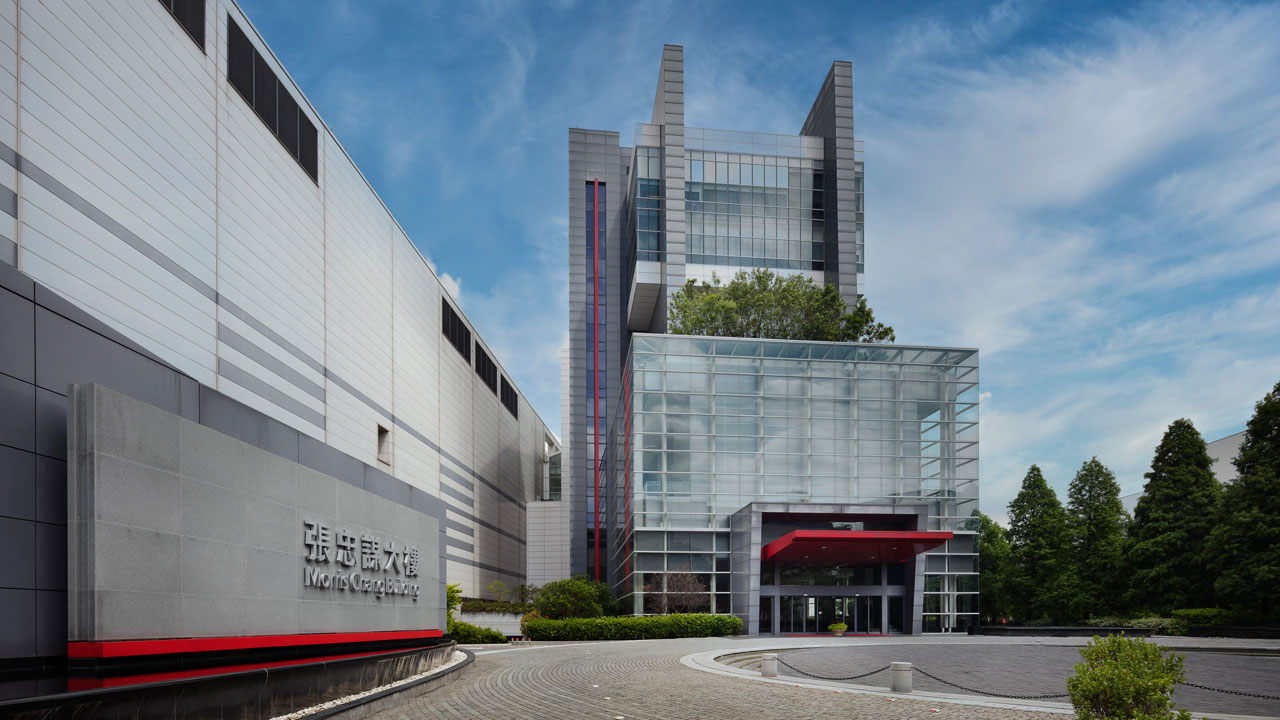Electricity prices are set to jump in Taiwan, and semiconductor-making ‘super consumers’ will face some of the steepest increases, according to reports.TrendForceraises concerns that the electricity price increases, scheduled by Taipower for April, will mean companies likeTSMCandMicronwill see electricity bills rise by as much as 30%. Of course, there is also concern about how these increased costs will be passed onto customers of TSMC and Micron, and ultimately to consumers.
Though details are still being finalized, theCentral News Agency(CNA) reckons the following electricity billing changes will be applied in April:

Importantly for the large industrial companies, if they can demonstrate they have reduced power usage over two consecutive years, they can escape the highest increases. CNA expects many display panel, petrochemical, and steel industry players to be able to escape with lower price increases.
TSMC and Micron, with massiveexpansion programsin progress, are pretty sure to be facing the highest electricity price increases. However, a recent statement by Taiwanese Minister of Economic Affairs Mei-Hua Wang asserted that TSMC runs a highly energy-efficient business, and most of its products are made for export. This is important, as Taiwan’s electricity pricing will still be relatively low worldwide, even after the proposed increases. There is also a chance, noted by the source report, that government subsidies will be allocated so that the largest price rises will be closer to 20%.

Current pricing (pun intended)
Taiwan’s electricity prices are relatively low, so increases may not make a great splash. Last September,prices were frozenat an average NT $3.1154 (US 9.9 cents) per kilowatt-hour (kWh), but leisure businesses that were previously protected due to pandemic recovery measures faced a 15% increase.
For some geographical pricing comparisons,Arizonaresidents are said to have an average electricity price of US 15 cents per kilowatt-hour. Japanese businesses face unit prices up to JPY 37.8 (US 26 cents) per kilowatt-hour. And, UK businesses pay on average 25 pence (US 32 cents) per kilowatt-hour.
South Korean yardstick
Interestingly, the CNA notes that prices in South Korea are beingused as a referencefor Taiwan’s electricity price strategy. In other words, Taiwan’s nationalized power company doesn’t want to make changes that will disadvantage local chipmakers compared to theirrivals in Korea.
Get Tom’s Hardware’s best news and in-depth reviews, straight to your inbox.
Mark Tyson is a news editor at Tom’s Hardware. He enjoys covering the full breadth of PC tech; from business and semiconductor design to products approaching the edge of reason.